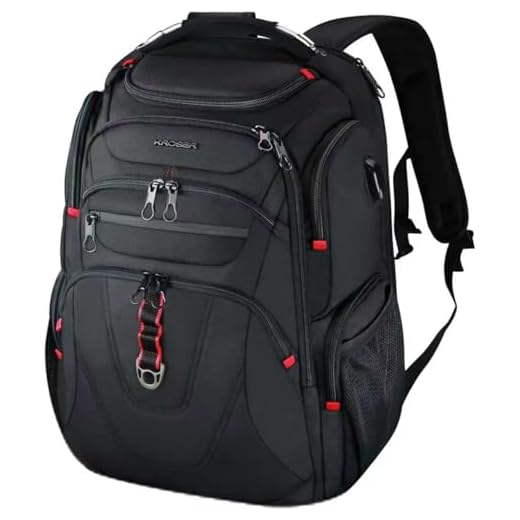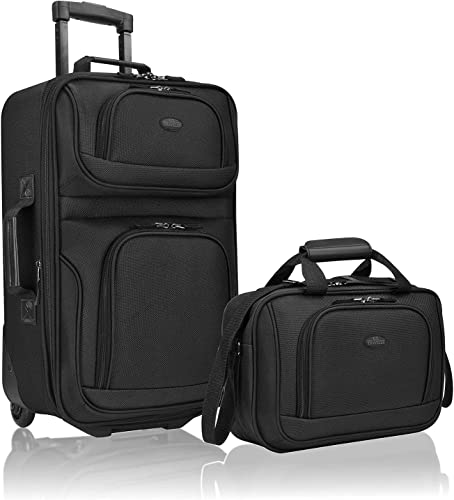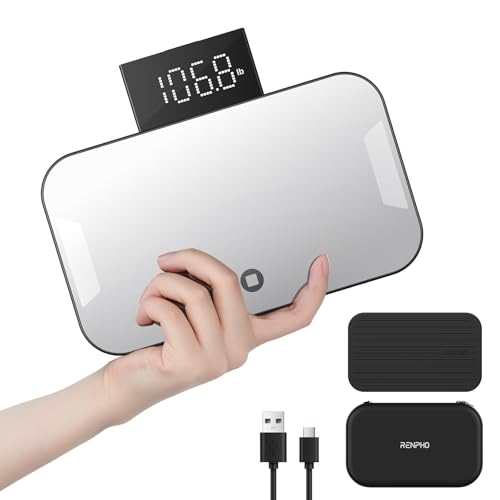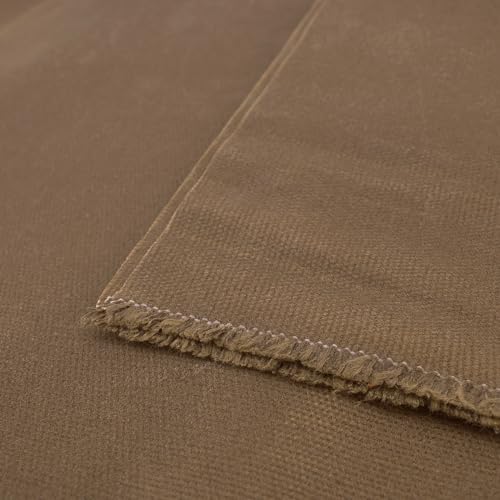



Choosing the right carrying option for daily use is crucial for comfort and practicality. If you’re seeking a more beneficial choice, the traditional rucksack tends to offer superior posture support and weight distribution. This model naturally aligns with the contours of your back, spreading the load evenly across your shoulders and minimizing strain. For those who often carry heavier items or travel longer distances, this type of gear is often preferred.
On the other hand, the crossbody satchel, while stylish and easily accessible, may lead to uneven weight distribution. The single strap can cause discomfort over time, especially if heavily loaded. However, it excels in quick access to items, making it a favorite for short commutes or quick errands. If speed and convenience are your priorities, this option may serve you well.
It’s essential to evaluate personal needs and the intended use. Consider factors such as your daily load, walking distance, and preference for accessibility versus support. Taking the time to assess these elements will lead to a more thoughtful and comfortable choice between these two popular carrying solutions.
Choosing Between a Rucksack and a Satchel: What to Consider
For individuals demanding comfort during daily commutes or travel, a rucksack often presents a superior option. The distribution of weight across both shoulders alleviates strain on the back, promoting better posture over extended use.
When assessing capacity, rucksacks typically offer larger storage space. This allows for carrying books, electronics, and other essentials without sacrificing comfort. However, satchels provide quick access to contents, ideal for urban environments where frequent item retrieval is necessary.
Support and Design Aspects
Look for padded straps in a rucksack, as they further enhance comfort. A hip belt can significantly reduce lower back pressure, especially when laden. In contrast, a satchel’s single strap may cause uneven weight distribution, leading to discomfort during longer wear.
Functional Use and Activity Level
Select based on your activity needs. Rucksacks excel during biking, hiking, or long walks where mobility is key. Satchels are advantageous in professional settings for carrying documents and small devices, ensuring easy handling without the bulk of a larger carryall.
Ultimately, evaluate how each style aligns with your lifestyle. Analyze the type of items you’ll transport regularly to make a well-informed decision that prioritizes comfort and usability.
Weight Distribution: How Each Style Affects Comfort
Choosing between a traditional carrier and a crossbody option primarily hinges on how they distribute weight across the body. A traditional carrier often features wide shoulder straps that help distribute weight evenly on both shoulders, reducing strain on the back and improving posture during prolonged use.
In contrast, a crossbody option typically relies on a single strap that rests diagonally across the body. This style can lead to uneven weight distribution, placing more stress on one shoulder. Such strain can cause discomfort, particularly during long commutes or extended periods of wear. Users might find themselves adjusting their posture or switching shoulders to alleviate fatigue.
Adjustability Matters
Consider models with adjustable straps, regardless of the type. Proper adjustments can enhance how perceived weight feels, affecting overall comfort. A snug fit for a traditional carrier can help it stay close to the body, minimizing sway. Similarly, adjustability in a crossbody design can help balance the load better, thereby enhancing comfort.
Load Management
Regardless of the chosen style, minimizing the weight carried is essential for comfort. Packing smartly, utilizing compartments for better organization, and avoiding unnecessary items can significantly contribute to a lighter load. Swapping bulky items for lighter alternatives can make a tangible difference in how comfortable a strap feels against the body. For instance, selecting lighter materials or foods with high-protein content, such as which nut butter has the most protein, can reduce overall bag weight without compromising nutrition.
Adjustability Features: Straps and Fittings Comparison
Focus on the adjustability of straps and fittings when selecting between a rucksack or a crossbody carrier. The mobility of shoulder straps greatly impacts user comfort and functionality. Rucksacks typically feature padded shoulder straps that can be individually adjusted for a customized fit. This allows for optimal weight distribution, reducing strain on the back and shoulders.
Crossbody carriers often come with a single adjustable strap designed to fit snugly across the torso. While this setup can offer quick access to contents, it may lead to uneven weight distribution, particularly when carrying heavier loads. Look for those with padded straps that can be adjusted for length to enhance comfort during extended use.
It’s advisable to assess additional attachment points on both styles. Rucksacks commonly have load-lifter straps, which further stabilize the load and can help keep it closer to the body. Crossbody designs may include secondary clips for attaching to a belt or additional pouches, providing versatile carrying options.
Lastly, consider the adjustability of fittings. Rucksacks often feature hip belts that distribute weight to the hips, enhancing comfort during longer journeys. Crossbody options may lack this support but can include quick-release buckles for ease of access. Opt for designs that allow for both adjustable fittings and user-friendly access to gear.
Storage Capacity: Which Option Holds More Without Strain?
For those requiring substantial storage without discomfort, designs with a larger internal space will generally be preferable. Typically, traditional rucksacks provide a more expansive volume than crossbody styles, allowing for greater carrying potential due to their structured design and multiple compartments.
Comparison of Capacities
- Backpacks can accommodate between 20 to 50 liters of gear, making them suitable for longer trips or heavier loads.
- Crossbody designs usually offer between 10 to 20 liters, ideal for daily essentials but may lack the extra room for bulky items.
Organizational Features
- Backpacks often include multiple pockets, which help distribute weight evenly and keep items organized.
- Single-strap styles may have limited sections, potentially leading to disorganization and difficulty accessing belongings rapidly.
If the goal is to carry larger items, look for rucksacks with expandable compartments or external attachment points. For regular, lighter loads, a crossbody model may suffice, but ensuring that it does not exceed its weight limit is crucial to avoid unnecessary strain on one shoulder.
Accessibility: Quick Reach vs. Organized Storage
For those seeking swift access to essentials, messenger-style options excel due to their design, allowing users to easily slide the carrier to the front without removing it. This feature facilitates rapid retrieval of items like phones, wallets, or keys, perfect for urban commuting or quick errands.
Conversely, traditional carriers with larger compartments excel in organized storage. They often include various pockets and dividers, making it simpler to categorize items and manage inventory, whether for work, school, or travel. Users can store a laptop, books, and various accessories in an orderly fashion, ensuring everything has its place.
Assess your routine to determine what best suits your needs. If you need quick access throughout the day, a crossbody design is advantageous. For those requiring organization and capacity for multiple items, a carrier with dedicated compartments will serve better.
For additional travel needs, consider solutions like best waterproof duffel bags for travel or for unexpected weather, the best compact umbrella for the money. Both can complement your choice of daily carrier, ensuring preparedness for any situation.
Posture Impact: Long-Term Effects of Each Design
Choose wisely between these two styles, as they can significantly influence posture over time. A well-designed rucksack usually promotes an upright position by distributing weight across both shoulders, resulting in reduced strain on the spine. In contrast, a shoulder carrier can lead to uneven weight distribution, potentially causing misalignment in the back and neck.
- The natural position of shoulders in a dual-strap construct forces the wearer to maintain a balanced stance.
- Single-strap alternatives may encourage slouching or leaning to one side, contributing to muscular imbalances.
Frequent use of a tote may lead to chronic discomfort or pain in the shoulder and upper back, while a dual-strap option allows for equal weight sharing, which is conducive to healthier posture over prolonged periods.
- Monitor the fit: Ensure straps are padded and adjustable, facilitating a tailored fit that maintains alignment.
- Limit the load: Regardless of design, avoid overloading to prevent undue stress on the spine.
Consider ergonomic assessments and personal comfort when deciding, as long-term impact on body alignment is not negligible. Regularly alternating between styles could mitigate adverse effects and promote a healthier posture overall.
Usage Scenarios: Choosing Between Styles
Select a rucksack for daily commuting or short hikes, where comfort during extended wear is crucial. This option distributes weight evenly across the shoulders and hips, making it suitable for those who carry gear for hours. Ideal for students or professionals needing to transport books and electronics, its capacity usually accommodates larger items without strain.
Opt for a shoulder carrier for quick outings or urban errands. It allows easy access to your belongings, making it perfect for situations that require frequent retrieval of items like phones, wallets, or keys. This type is preferred by cyclists or those constantly in motion, as it sits close to the body, providing stability while cycling or walking briskly.
Specific Use-Cases Comparison
| Situation | Recommended Style | Reason |
|---|---|---|
| Long commutes | Rucksack | Even weight distribution, comfort during extended wear |
| Quick errands | Shoulder carrier | Easier access to essentials, quick retrieval |
| Outdoor activities | Rucksack | More storage capacity, suitable for diverse gear |
| City travel with public transport | Shoulder carrier | Compact design, better maneuverability in crowds |
For travel, a shoulder carrier is convenient for light packing, while a rucksack serves well for extended trips where space is crucial. Analyze your daily habits and specific needs before making a decision, ensuring that style aligns with intended usage to enhance overall experience.










